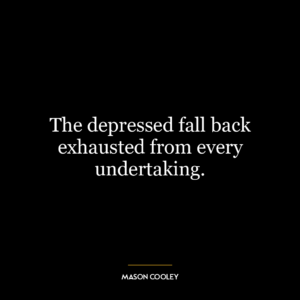This quote suggests that after a long period of exaggerated, pompous language or behavior, the discourse around virtue has become ironic and timid. It implies that the concept of virtue has been so overblown and misused in public discourse that it’s now approached with a sense of irony or even cynicism. Virtue is no longer talked about confidently or straightforwardly; instead, it’s discussed in an understated, cautious manner.
The phrase “ages of bombast” could be interpreted as referring to periods in history when lofty rhetoric was used to justify actions or policies that were not truly virtuous. This misuse could have led to a general skepticism towards any talk of virtue.
Applying this idea to today’s world, we might consider how public figures often use grandiose language about morality and ethics while their actions may not align with these proclaimed virtues. This discrepancy can lead to public cynicism and doubt about the sincerity behind such proclamations.
In terms of personal development, this quote could serve as a reminder for individuals to act according to their professed values rather than just talking about them. It suggests the importance of sincerity and authenticity in one’s actions rather than empty rhetoric. The irony and shyness associated with discussing virtue could be seen as an invitation for individuals to demonstrate their virtues through action rather than words.












